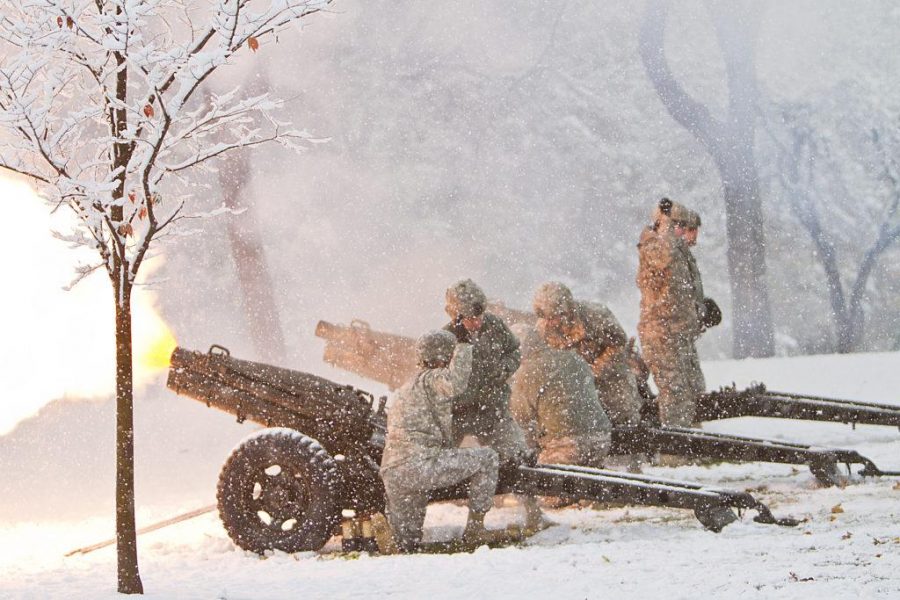Recently in one of my economics courses, we discussed returned war veterans and how there’s a recurring trend concerning their inability to reintegrate healthfully into modern western society. Experts and peers have pondered solutions, including more financial investments into rehab and mental health support, and instilling mandates that ensure vets the opportunity to find fulfilling employment upon their return from war. But are these really solutions? Or are veterans’ problems stemming from something other than their traumatic experiences in wartime? Maybe pouring more money into the issue won’t help. Maybe jobs aren’t the answer. Maybe the real problem isn’t with vets, but with us.
Sebastian Junger, a retired soldier and now author and journalist, was recently interviewed by Time Magazine to discuss his new book, “Tribe: On Homecoming and Belonging.” In it he talks about how western society has evolved into a world of extreme disconnectedness and alienation, which are the roots for returned vets’ problems with reintegration.
Our western advancements and associated lifestyles have been glorified for a long time. The common narrative is that we’re advanced, established, efficient and reign superior to underdeveloped peoples. Before, we gloated the superiority of colonization and trade. Then industrialization. Now we have smartphones, apps, television, Netflix; everything needed to live safe, comfortable and entertained lives. But these springs forward in technology and innovation have come at a cost that not many people seem to notice, or at least acknowledge. We’re losing the ability to connect deeply with other people, which is something vitally innate and necessary to our being.
We’re living in an age where people experience intimate interactions and events through Snapchat, postpone engaging with family because they’re trying to stage the perfect selfie and forgo genuinely talking with people they love because that once-peaceful form of connection is boring and there should be a TV on in the background. It’s impossible for people today to break away from their own delusions of socialization and meaningful association to actually be present and engaged.
So how does this so badly affect war veterans? Junger emphasizes calamity and how it has been shown to positively impact human beings. He says that disaster has the potential to boost mental health because it forces humans to band together collectively and cooperatively in order to survive. We’re social by nature, and the level of teamwork it takes to overcome something as disastrous as an earthquake, tsunami or terrorist attack creates a bond among people that runs deeper than what we’re used to. It feels good because, at the core of our essence, we desire feelings of connectedness, worth and purpose that helping others through a tragedy can provide. When those involved in the military undergo training, combat, etc., they’re thrown into situations that demand a very primal level of teamwork and interdependence. Upon return, especially when dealing with past traumatic experiences, it becomes too much for vets to cope without the steady, strong, “I’d lay down my life to help you,” kind of mindset the military provides. Our western society just doesn’t live that way.
So maybe the hardships of war aren’t entirely to blame. Maybe financial investments are actually the cheap cop-out. Maybe what we really need to do is be present, understanding and serious about connecting with other people, especially those who have seen tragedies we can’t even imagine, no matter how many war movies we’ve watched on Hulu. Nothing is a substitute for genuine, uninterrupted connection. So, be there — be present, be mindful, be deeper. Do it for the people who’ve been through things that make that new season of the show you’re obsessed with seem painfully unimportant. Because there’s more to us than this safe, yet shallow life we’ve grown used to, and it shouldn’t take a tragedy to understand that.












